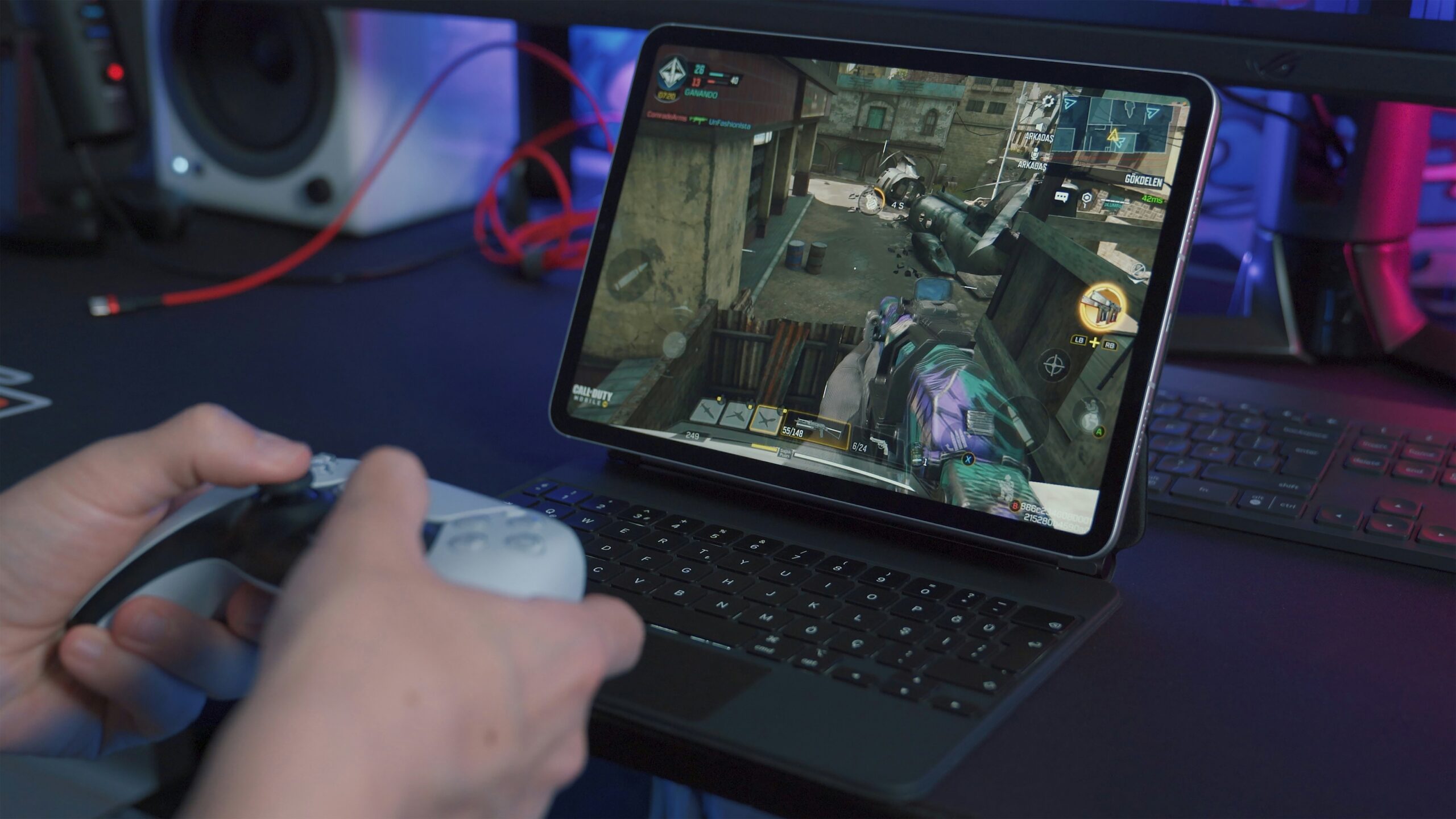The Psychology of Online Games: What Drives Us to Play and Keeps Us Hooked
Online games have become a global phenomenon, captivating millions of players around the world. From casual mobile games to massive multiplayer online role-playing games (MMORPGs), these virtual worlds offer endless entertainment and opportunities for social interaction. But what drives us to play these games, and what keeps us hooked?
The Power of Achievement
One of the main psychological factors that drive us to play online games is the desire for achievement. Games often provide clear goals, challenges, and rewards, which can be highly motivating. Whether it’s completing a difficult level, defeating a powerful opponent, or earning virtual currency, the sense of accomplishment can be incredibly satisfying.
Furthermore, online games often employ a system of progression, where players can level up their characters or unlock new abilities. This sense of growth and improvement can be addictive, as it taps into our innate desire for mastery and self-improvement.
Social Connection and Community
Another key aspect of online games is the social connection they offer. Many games provide opportunities for players to interact and collaborate with others, whether it’s through cooperative gameplay, competitive matches, or online forums and chat systems.
Humans are inherently social creatures, and online games provide a platform for us to connect with like-minded individuals from all over the world. These virtual communities can be a source of friendship, support, and even a sense of belonging. The social aspect of online games is a powerful motivator that keeps players coming back for more.
The Thrill of Competition
Competition is another driving force behind our fascination with online games. Whether it’s battling against other players in a first-person shooter or climbing the ranks in a strategy game, the thrill of competition can be exhilarating.
Online games often provide a ranking or matchmaking system that allows players to test their skills against others of similar ability. This creates a sense of challenge and the opportunity to prove oneself. The adrenaline rush that comes from a hard-fought victory or the disappointment of a defeat can be incredibly addictive, pushing players to improve and strive for success.
The Escapism and Fantasy
Online games also provide a form of escapism and a chance to immerse ourselves in a different world. Whether it’s exploring a vast open world, taking on the role of a powerful hero, or simply experiencing a story-driven narrative, games offer an escape from reality.
In these virtual worlds, we can temporarily leave behind our everyday worries and responsibilities. This sense of escapism can be particularly appealing during times of stress or boredom, offering a welcome distraction and a chance to recharge.
The Power of Rewards and Incentives
Lastly, online games often utilize a system of rewards and incentives to keep players engaged. Whether it’s unlocking new content, earning in-game currency, or receiving virtual trophies and achievements, these rewards provide a sense of progress and accomplishment.
Game developers understand the power of rewards in motivating players and often employ strategies such as daily login bonuses, limited-time events, and exclusive rewards for dedicated players. These incentives create a sense of urgency and FOMO (fear of missing out), encouraging players to log in regularly and stay engaged with the game.
Conclusion
The psychology of online games is a complex and fascinating subject. From the desire for achievement and the need for social connection to the thrill of competition and the allure of escapism, there are numerous factors that keep us hooked. Understanding these psychological drivers can not only help us better understand our own motivations for playing but also shed light on the immense popularity and staying power of online games.

